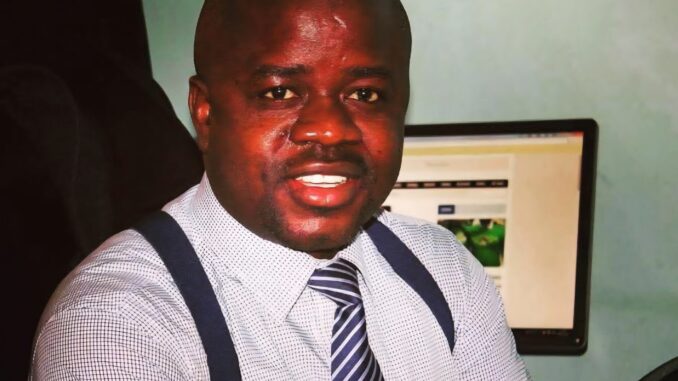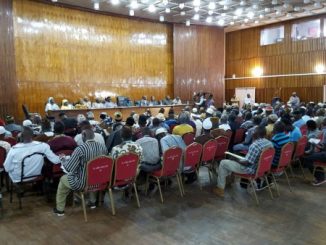
US’s Cut to UNFPA Funding Risks Lives of Women and Adolescent Girls
John Baimba Sesay
As hope awakens with the first light of dawn, a woman’s life becomes the true measure of every nation’s ambition. In rural clinics from Alkalia in the north, where dedicated health workers labor and the cries of newborns bring joy mixed with challenges, to communities in Pujehun in the south where aspirations for dignity and health are alive through the work of midwives, the story of progress unfolds. Yet, it often hangs in the balance, hinging on the wellbeing of women.
In Sierra Leone and across the globe, women’s journeys marked by both hardship and triumph shape not only their own futures but the destiny of us all. This journey is especially important for youth and adolescent girls, whose futures are intimately tied to the opportunities, health, and rights they are given today.
The United Nations Population Fund (UNFPA), the UN agency advancing sexual and reproductive health, continues to play a pivotal role in advancing the health and right of women and girls. In 2021 for example, to support Sierra Leone’s efforts in providing maternal and newborn health services, the agency equipped the Ministry of Health with critical medical supplies for emergency obstetric and newborn care and the screening and management of cervical cancer.
By the end of the first quarter of 2023, it supplied reproductive health commodities worth over $576,000 to meet the family planning needs of women and girls in the country. In 2024, their support included the shipment of 2.5 million condoms, as well as extensive training of midwives further proving their status as a vital partner in progress.
Midwives, as we know, are indispensable to achieving several SDG 3 goals, most importantly reducing maternal mortality, ending preventable child deaths, ensuring universal access to reproductive health services, and achieving universal health coverage. The evidence speaks for itself: according to UN estimates, Sierra Leone’s maternal mortality ratio has dropped by 74 percent since 2000, a monumental achievement made possible through the steadfast support of partners like UNFPA.
Such achievements would not have been possible without international support; the backing of development partners is essential in bridging gaps in health services and advancing the UN Sustainable Development Goals.
Recently, at a critical UNFPA expert consultation on ending preventable maternal mortality in West and Central Africa, the agency’s regional director Sennen Hounton, reaffirmed that addressing maternal health is inseparable from broader efforts in development, from climate change to education and food security. Without prioritising the health and survival of women and girls, nations risk stifling their full potential and hindering sustainable progress.
Given this context, the recent announcement of the United States’ decision to withdraw its $180 million annual funding from UNFPA is deeply concerning. This funding supports life-saving interventions for millions of women and adolescent girls, particularly in countries like Afghanistan, and other nations like ours that have seen remarkable gains in maternal and reproductive health with UNFPA’s assistance.
The reduction in Sierra Leone’s maternal mortality rate from 837 to 443 deaths per 100,000 live births between 2010 and 2020 stands as a powerful testament to the impact made possible by sustained international support.
The United States can reconsider this decision given the global role it has been playing and continues to play. The lives and futures of millions of women, girls, and families depend on continued partnership and support. By investing in UNFPA, the US helps ensure a world where no woman dies from preventable pregnancy-related causes.
In addition to international funding, it is essential for national governments to step up and implement sustainable strategies. Greater priority must be given to increasing budget allocations for their health sectors to address existing gaps. Now more than ever, leadership and investment are crucial to securing the progress we are making.
—





Leave a Reply